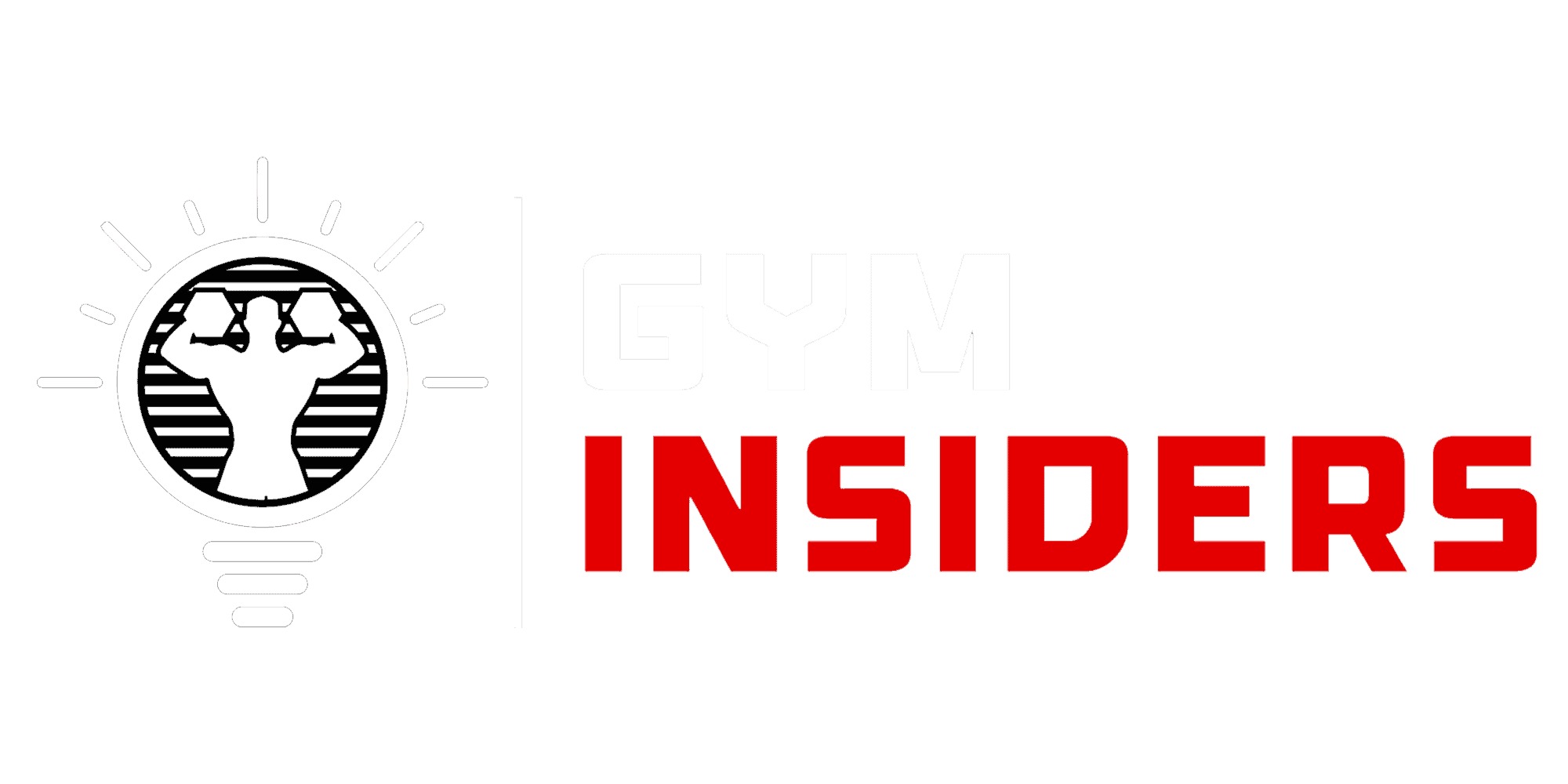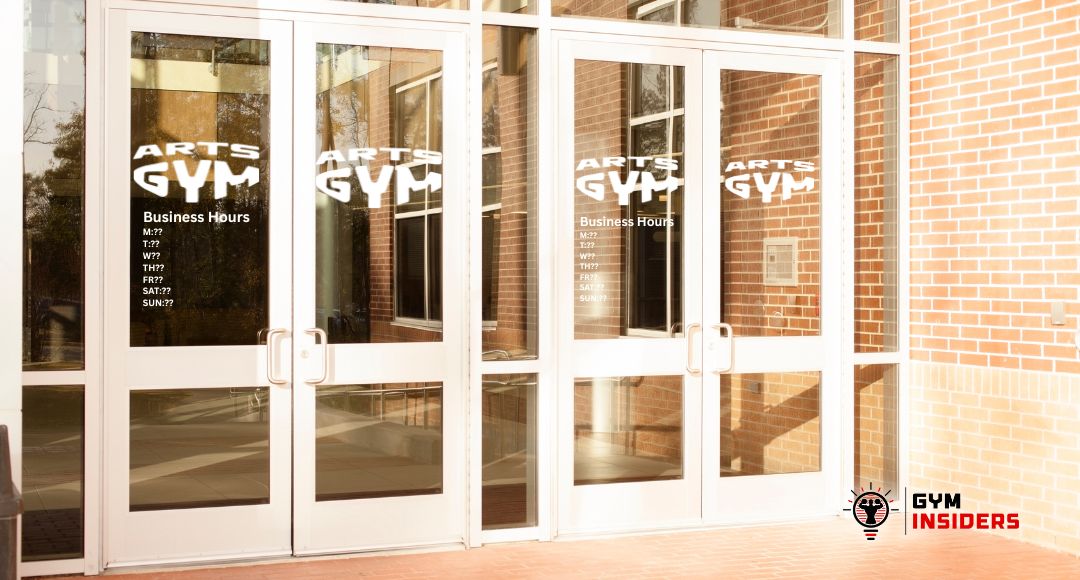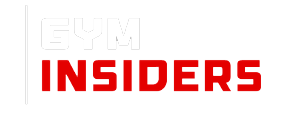The management landscape of the fitness industry is multifaceted, demanding much more than just supervising daily operations. As a gym general manager, you wear many hats: a leader, a mentor, a facilitator, and, importantly, the architect of a culture that resonates with both your team and your members. A crucial cornerstone of this culture is employee accountability, a critical determinant of your gym’s operational success. The commitment to deliver on assigned tasks, the work ethic, the consistency, and the overall performance of your team all hinge on this essential aspect of leadership.
Table of Contents
Understanding Employee Accountability
At the heart of every high-functioning gym environment is a solid foundation of employee accountability. It’s the lifeblood that ensures a clear understanding of expectations and responsibilities among team members, serving as a direct link between individual performance and the gym’s overarching success.
When employees are held accountable, they are intrinsically motivated to meet or even exceed set standards, thereby driving up productivity and enhancing client satisfaction. More than just enhancing operational efficiency, this fosters a sense of ownership and commitment within the team, improving job satisfaction and better aligning staff with the gym’s mission and vision. Thus, employee accountability is not just about task completion, it is about building a community that takes pride in their contributions to the gym’s objectives.
Strategies for Fostering Accountability
Balancing accountability with micromanagement can often feel like a tightrope walk. Remember, as a manager, your role is not to constantly hover over every task but to guide, support, and inspire your team. Here are some strategies that can help you promote accountability without falling into the micromanagement trap:
Setting Clear Goals: Begin by setting clear, SMART goals (Specific, Measurable, Achievable, Relevant, Time-bound) for each team member. Ensure these goals are aligned with the broader objectives of your gym. Collaboration with other leaders in your team during this goal-setting process is essential to ensure that everyone is on the same page and is working towards the same targets.
Fostering Autonomy: Empower your team by delegating work and promoting a sense of responsibility and commitment. Trust your employees to handle their tasks independently, giving them the freedom to utilize their unique strengths and capabilities.
Monitoring Work Progress and Providing Regular Feedback: Consistently monitor the progress of your team’s work and provide regular, constructive feedback. Positive reinforcement acknowledges hard work and boosts morale, while constructive criticism encourages learning from mistakes and opens up opportunities for problem-solving.
Supporting Employee Development: Foster a culture of continuous growth and learning. Encourage your team members to attend training sessions, provide resources for learning, and create opportunities for career advancement. Not only does this improve individual performance, but it also helps cultivate a culture of resilience and continuous improvement.
The Consequences of Neglecting Accountability
Neglecting accountability can lead to an array of problems. The absence of a clear understanding of responsibilities and expectations can cause confusion, inefficiency, and potential conflict within the team. Productivity may take a hit, client satisfaction could decrease, and team morale might suffer. High-performing employees might feel overlooked or undervalued and may start to disengage or even seek better opportunities elsewhere.
Making Accountability Tangible: A Real-World Example
Accountability isn’t just a management buzzword; it’s a tangible attribute that manifests itself in everyday actions. For example, a personal trainer who meticulously tracks their client’s progress, adjusts routines based on their evolving objectives, and ensures their satisfaction is a clear example of accountability in action. They take the initiative to learn new fitness trends and apply them, continuously striving to improve their service quality. They embody the essence of responsibility, with their commitment to their role significantly contributing to the gym’s success.
Incorporating Accountability into Hiring and Onboarding
To create a culture of accountability, it’s essential to start from the very beginning – the hiring process. During interviews, ask questions that help gauge candidates’ sense of responsibility and previous experiences with handling accountability. Once on board, clearly communicate the gym’s policies, roles, and expectations, ensuring the new hires understand what they’re accountable for and how their performance will be measured.
Rewarding Accountability
A system of rewards and recognition can serve as a powerful motivator for maintaining high levels of accountability. Recognize and reward task completion, exceptional work, and successful project outcomes. These rewards could take various forms – from verbal praise and acknowledgment in team meetings to bonuses, promotions, or even tangible gifts. This recognition not only incentivizes employees to uphold their responsibilities but also fuels their drive for excellence.
Being a gym general manager extends far beyond overseeing day-to-day operations and maintaining firm management. You are the pillar that supports and drives a culture of accountability, inspiring team members to take responsibility, use their strengths to the fullest, and continually strive for excellence. Remember, accountability isn’t about rigid control; it’s about empowerment. Through setting clear goals, fostering autonomy, offering regular feedback, and supporting continual development, you can create a team that takes pride in their work and actively contributes to your gym’s success.







No Comments
Sorry, the comment form is closed at this time.